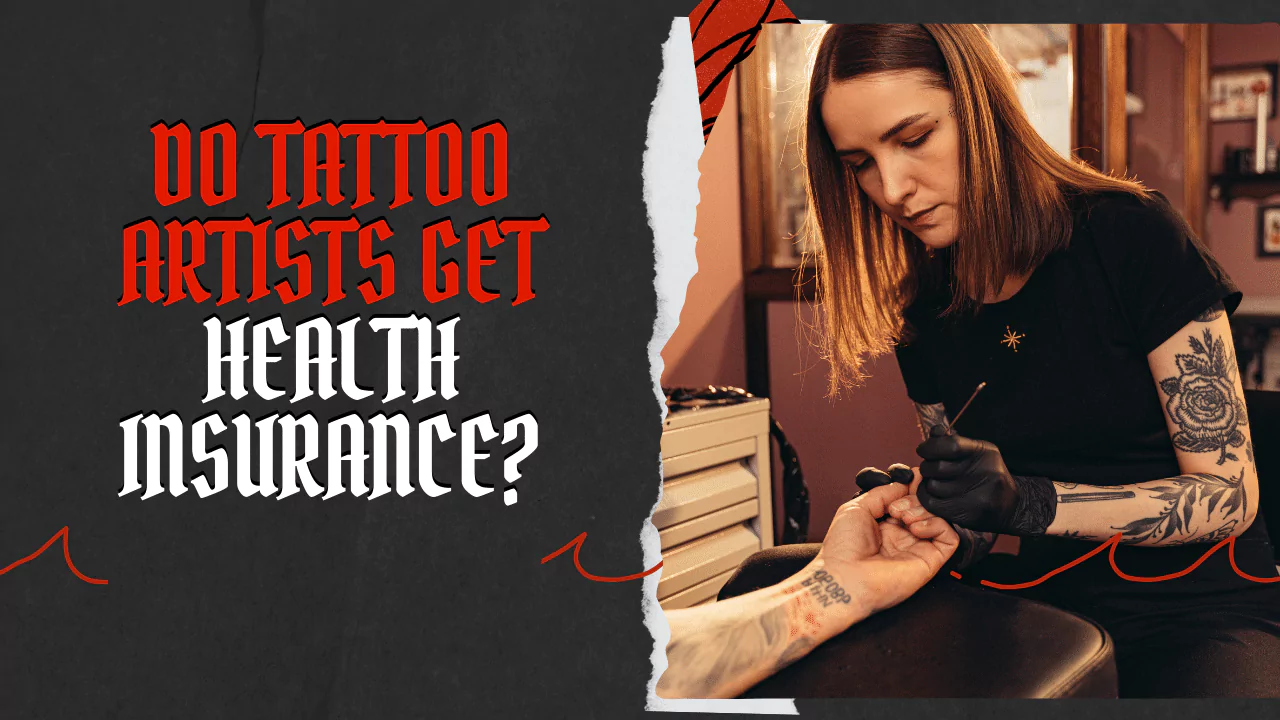Yes, tattoo artists can obtain health insurance. However, the process and options available to them may differ depending on their employment status and the specific policies offered by insurance providers.
Understanding Health Insurance for Tattoo Artists
Tattoo artists, like many other independent contractors, face unique challenges in securing health insurance. They often work for themselves or in small studios that do not provide employer-sponsored plans. This means they must purchase their own individual coverage, which can be more expensive and difficult to navigate.
Benefits and Disadvantages
Benefits:
- Flexibility: Independent contractors can choose their own policies and providers.
- Control: They have more control over their coverage options and costs.
- Tax Deduction: Premiums can be deducted from taxable income.
Disadvantages:
- Higher Costs: Individual plans are often more expensive than employer-sponsored plans.
- Limited Options: Choices may be restricted due to their employment status.
- Administrative Burdens: They must manage their own coverage and billing.
Barriers to Obtaining Insurance
- Employment Status: Independent contractors may not be eligible for employer-sponsored plans.
- Pre-existing Conditions: Insurance companies may deny coverage or charge higher premiums due to pre-existing health issues.
- Industry Risks: Tattooing may be considered a high-risk occupation by some insurers.
Options for Health Coverage
- Individual Plans: Independent contractors can purchase individual health insurance policies through various providers.
- Association Plans: Professional tattoo artist associations may offer group health plans to their members.
- Short-Term Plans: These plans provide temporary coverage with limited benefits.
- High-Deductible Plans: These plans lower monthly premiums but have higher out-of-pocket costs.
Factors Affecting Tattoo Artists’ Earnings
Several factors influence the earnings of tattoo artists, including their experience, skill level, location, style, and popularity.
Experience and Skill Level
More experienced and skilled tattoo artists can command higher rates due to their expertise and clientele.
Location
Tattoo artists in high-demand areas or with lower competition can charge more for their services.
Style and Popularity
Artists with unique styles or high demand can charge premium rates for their artwork.
Exploring the Earnings of Tattoo Artists
Average Hourly Rates
- Entry-level: $20-$30 per hour
- Experienced: $30-$50 per hour
- Top-tier: $50-$100 per hour
Benefits, Bonuses, and Alternate Streams of Income
- Tips: Tattoo artists often receive tips from clients, which can significantly boost their earnings.
- Commission: Some artists may earn a commission on sales of tattoo supplies or merchandise.
- Teaching and Workshops: Experienced artists can generate additional income by teaching tattooing classes or workshops.
- Art Sales: Tattoo artists may sell their artwork, such as prints or original pieces, to supplement their income.
The Exception of Celebrity Artists
Celebrity tattoo artists, who have a large following and clientele, can command exceptionally high rates, sometimes reaching hundreds or even thousands of dollars per hour. However, these cases represent a small fraction of the industry.
Conclusion
While tattoo artists can obtain health insurance, the process and costs may vary depending on their employment status and the specific policies available. Factors such as experience, skill level, location, style, and popularity significantly impact their earnings. Understanding these factors and exploring various health insurance options can help tattoo artists navigate the challenges and maximize their financial well-being.





